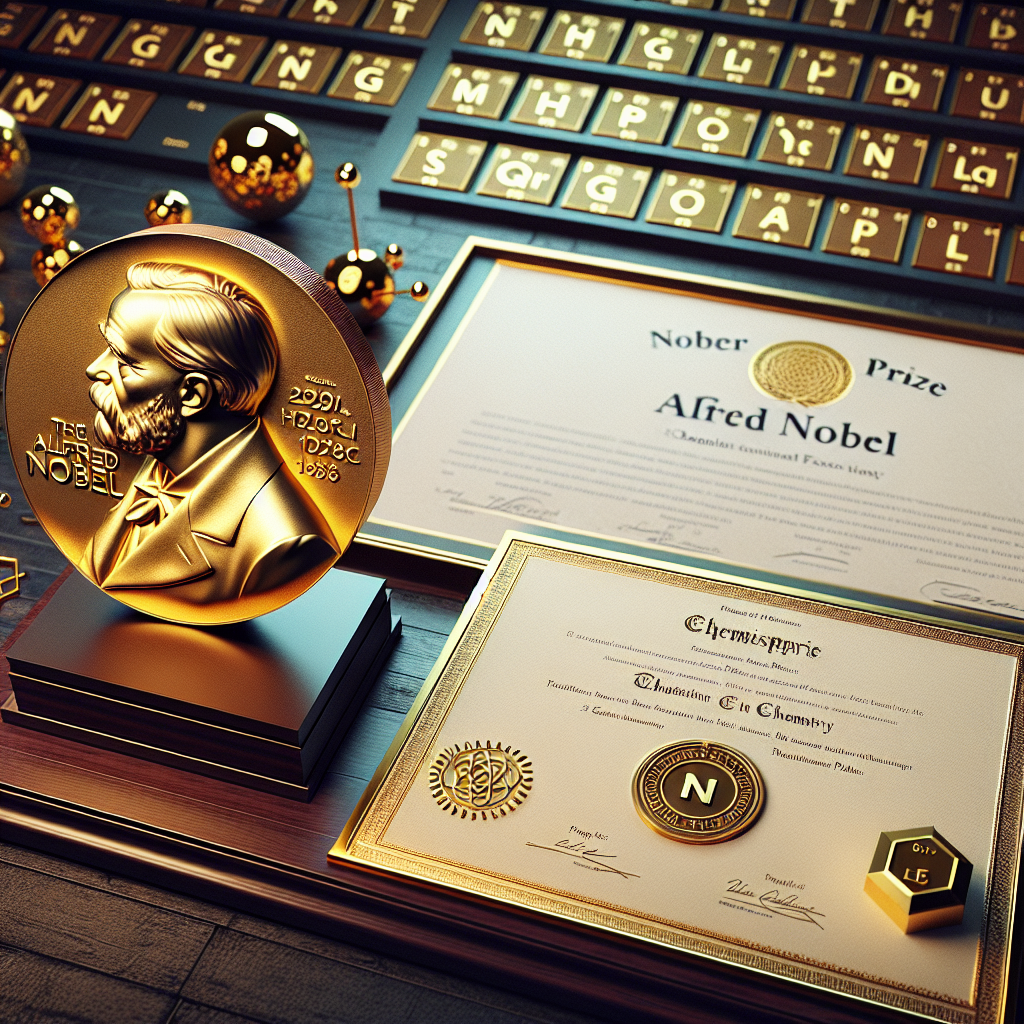Scientific Triumph: Nobel Prize Winners Transform Quantum and Chemical Realms
Scientists were honored with Nobel Prizes in Physics and Chemistry for groundbreaking work. U.S.-based physicists won for showcasing quantum physics applications, while the chemistry laureates were recognized for developing metal-organic frameworks, potentially addressing climate change and water scarcity challenges.

In a groundbreaking announcement, scientists have been awarded Nobel Prizes in Physics and Chemistry for their transformative research. U.S.-based researchers John Clarke, Michel Devoret, and John Martinis earned the Physics award for their experiments showcasing quantum physics in application.
The Chemistry Nobel was awarded to Susumu Kitagawa, Richard Robson, and Omar Yaghi for pioneering work on metal-organic frameworks (MOFs). These molecular architectures are equipped to tackle pressing global issues like climate change and water scarcity by allowing gases and other chemicals to flow efficiently.
These laureates' contributions signal a pivotal shift in digital and environmental technologies, demonstrating the far-reaching possibilities of scientific exploration and innovation in the 21st century.
(With inputs from agencies.)










